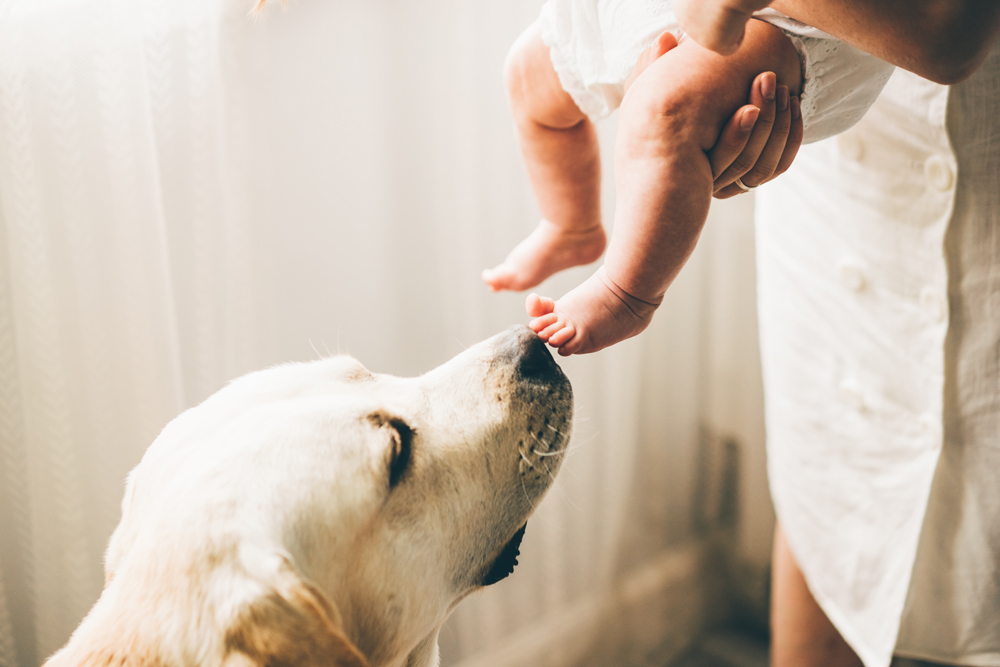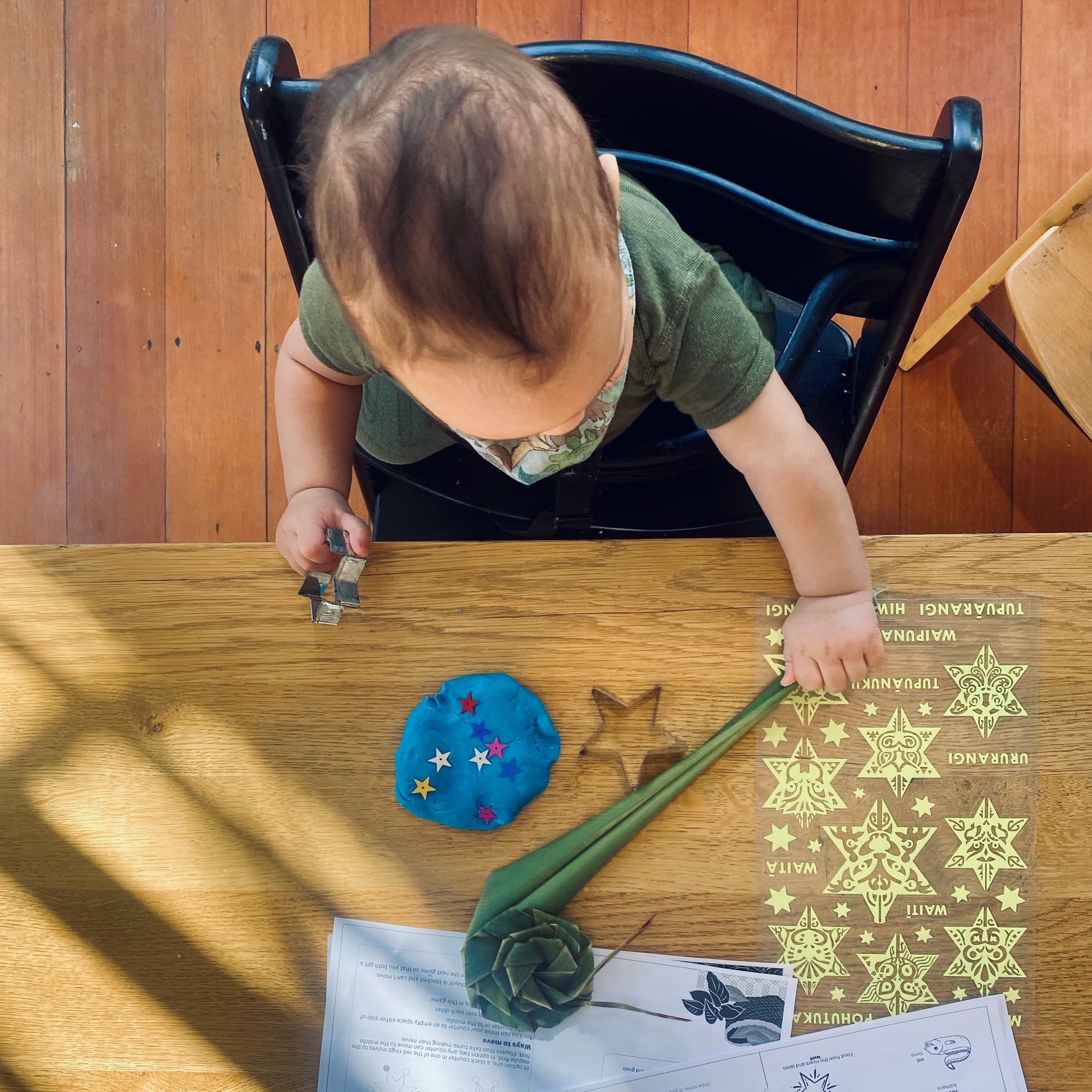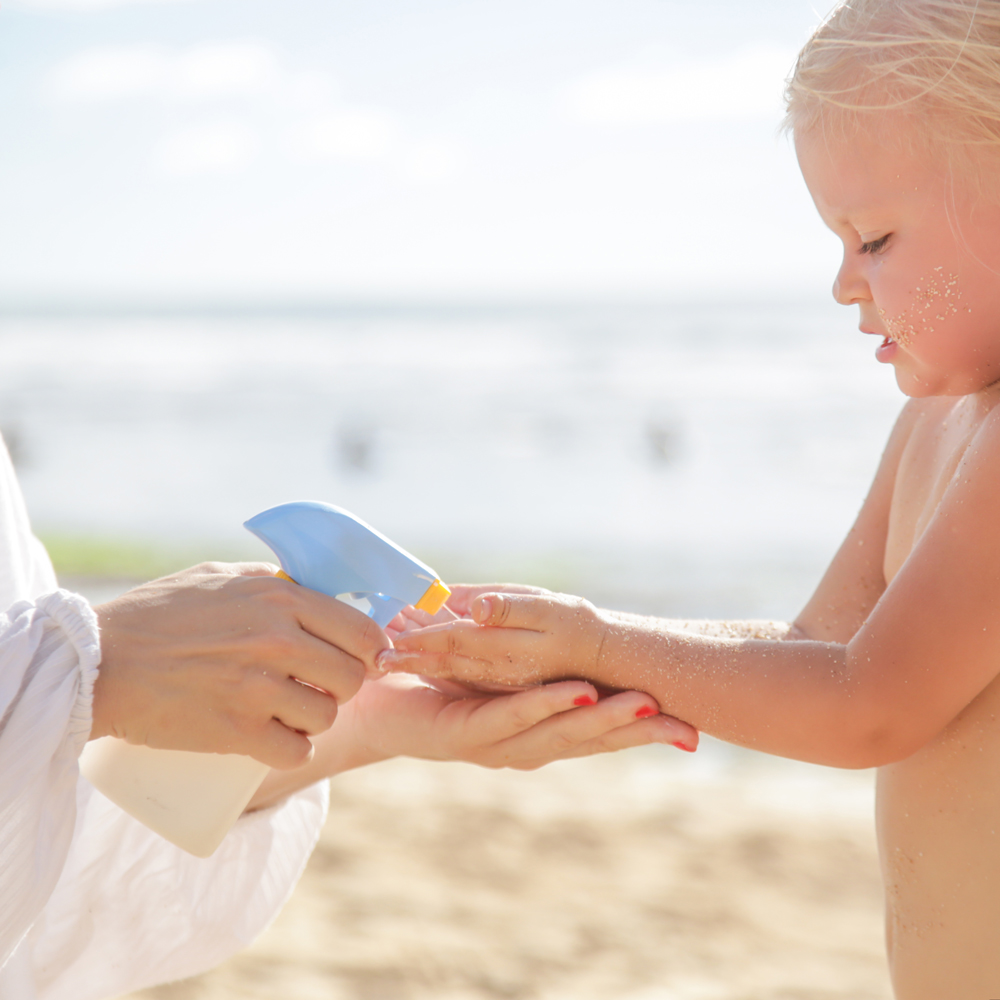How to Introduce Your Dog to Your New Baby

Tips for when your fur baby meets your new human baby.
For many of us, our dog is considered our ‘first baby’… albeit a furry one. They’ve likely been by your side for the duration of pregnancy and you may feel like they just know everything’s about to change.
Much like when a sibling meets a new baby, your dog is going to need to acclimatise to the arrival of the latest little member of your household so here are our tips for a smooth transition.
PREGNANCY PREP
While hapū, it’s important to address any behavioural concerns, like barking, which may present as a problem with a baby in the picture. You should also teach your dog any new rules they’ll need to adhere to for when your pēpi arrives, like having the baby’s room as off-limits or no longer sleeping in your bed.
If you’re not sure where to start, focus on basic manners first, including:
- Sit and down.
- Impulse control like the ‘wait’ command so they can settle in one place while you attend to the baby.
- ‘Leave’ and ‘drop it’ in preparation for your baby’s toys being around the house.
- Polite greetings so they aren’t jumping all over you or anyone else holding the baby.
- Crate training so your dog has a quiet space to retreat to where you know they’ll be safe.
You can also start preparing your dog for any routine changes that may come with a baby, such as exercising them at different times, hiring a walker, or attending doggy daycare.
Some owners also like to prep their dog for the new sights and sounds that come with having an infant, especially if your furry friend has sensory sensitivities. You can practice rocking a doll and playing recordings of a baby crying to get them ready for this change in their environment, teaching the behaviours you want them to adopt during these circumstances.
If you have any concerns about your dog’s behaviour and feel that you need additional support with their training, it’s ideal to hire a dog trainer in pregnancy; the sooner you address any issues, the better prepared your dog and your family will be for when your baby does arrive.
INTRODUCTIONS
The baby is here! So, what do you do? If you’ve given birth in a hospital or birthing centre, it’s a good idea to send someone home with a burp cloth, muslin or wrap that you’ve used for the baby so the dog can be introduced to their scent before the official introduction. You can also ask the person looking after your dog to take them on a long walk before you arrive home to ensure they don’t have too much pent-up energy.
Then, when you arrive home with your baby, focus on staying calm. Dogs are incredibly smart and know how to read your body language and emotions. The more relaxed you are, the less likely they are to feel stressed. It’s a good idea to have your dog on a leash for the first greeting, even if they haven’t given you a reason to think they’ll react badly.
Know that no two dogs will react the same. Yours may be excited to discover who this new family member is or be totally disinterested. If your dog seems overly excited or anxious when you arrive home, wait for them to be in a calm, submissive state before allowing them to meet the baby in a quiet room, again, staying calm yourself. It’s okay to let the dog approach the baby to sniff them at a safe distance. Keep treats on hand to reinforce calm behaviour and speak softly to your dog, offering gentle praise while they interact. The greeting doesn’t have to be very long; brief and positive is what you want to aim for so your dog associates the baby as being a good thing.
SAFETY
- You should allow your dog to sniff your baby, provided it is at a respectful distance.
- Never leave your baby alone with your dog. If you need to leave the room, take your baby or dog with you.
- Your dog and baby must be actively supervised at all times when interacting with each other.
- When going for a walk, hold your dog’s leash in your hand; don’t tie it to your baby’s pram.
- Teach your dog not to lick faces and as your baby gets older, don’t let them kiss or hug your dog’s face.
MORE INFORMATION
SPCA New Zealand’s article on preparing your pets for a new baby’s arrival.
New Zealand Dog Safety’s information on keeping children safe around dogs.



